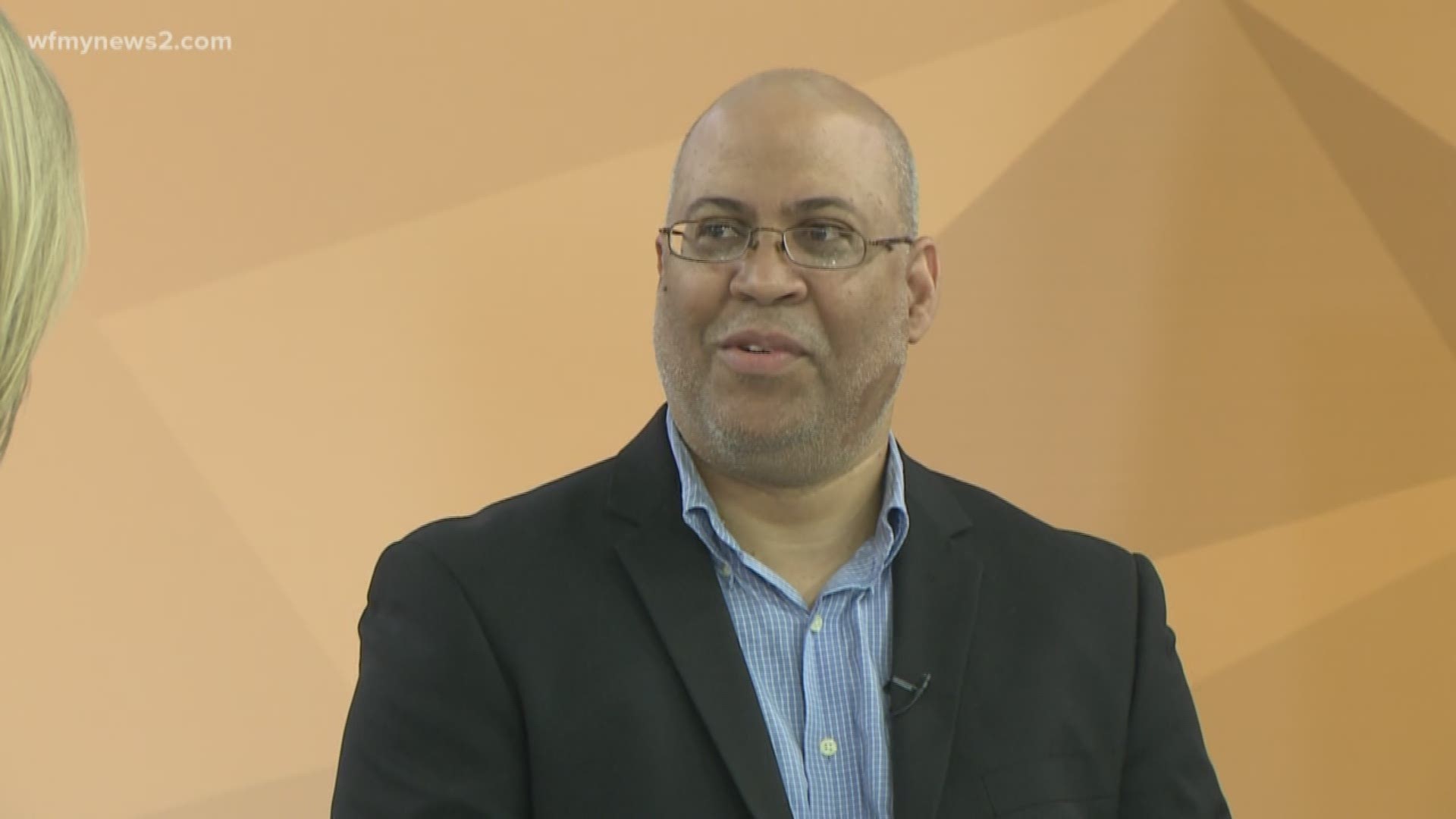Addiction is a problem that many people face, so much so health experts say we're living in an opioid epidemic.
Chemical addiction is a disease of brain chemistry, and here to talk about addiction and the brain is Psychotherapist Terence Hunt.
First, how does addiction work?
Use of alcohol and other drugs leads to overproduction of dopamine in the brain, a chemical which is released to experience pleasure. The problem is that the brain begins to produce less dopamine once drugs and alcohol are introduced and the individual cannot reach the same level of dopamine as before without the use of the addictive drug.
So why do some people act irrationally and make poor decisions once they become addicted to substances?
Because the part of the brain that manages decision making is weakened by the addictive substances and the individual has less control over impulses.
And why does it seem that it is so hard for some people to stop using alcohol or other substances once they have started?
The alcohol and drugs affect the limbic system of the brain which is associated with natural desires such as food, sex, sleep, etc and short circuits the system into believing that the alcohol or drug of addiction is a needed, even though it is not.
There is hope for anyone struggling with drug addiction. Here’s a list of resources to guide you or a loved one with getting the help you need.
SAMHSA’s National Helpline
The SAMHSA’s National Helpline is free, confidential, 24/7, available 365 days a year for treatment referral and information services.
Call 1-800-662-HELP (4357) or visit the online treatment locators.
National Council On Alcoholism And Drug Dependence
24 hour hotline 1-800-622-2255
More Details: National Council on Alcoholism and Drug Dependence
211 Drug Recovery Addiction Hotline
If you or someone you know has symptoms of drug addiction dial 2-1-1 from any cell phone or landline for help. This is a confidential call and you will be connected with an organization that specializes in recovery.
Another number to call 866-401-6342 is a toll free number that is available should your service provider be unable to connect to 2-1-1.

